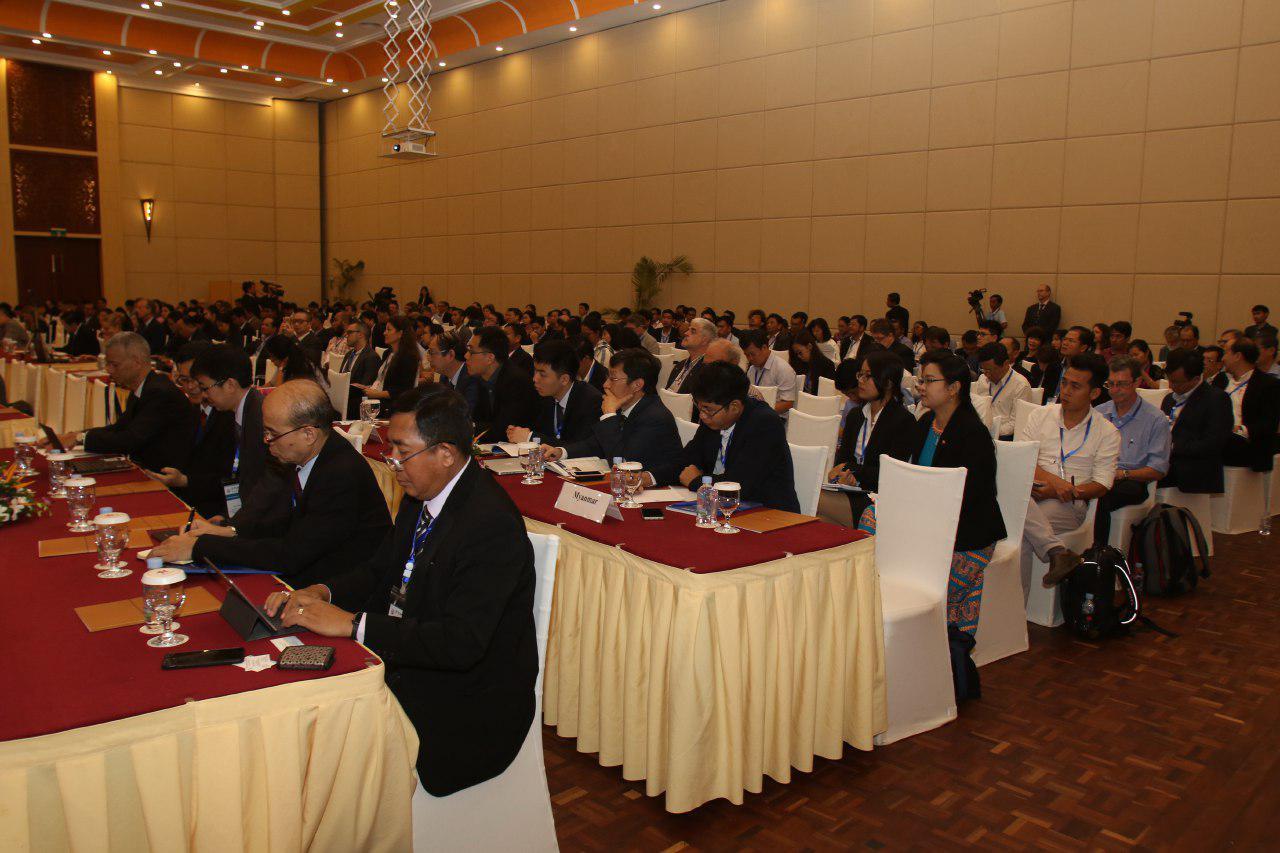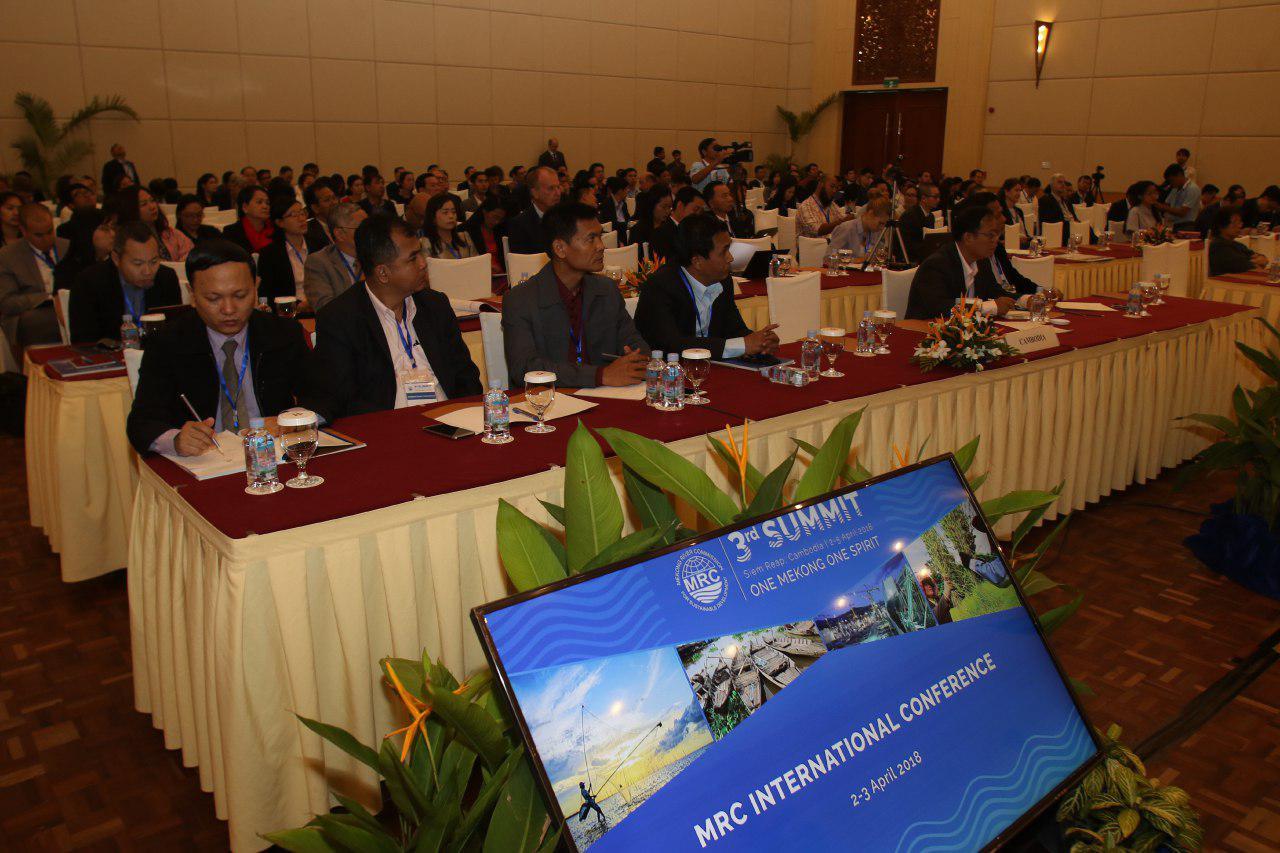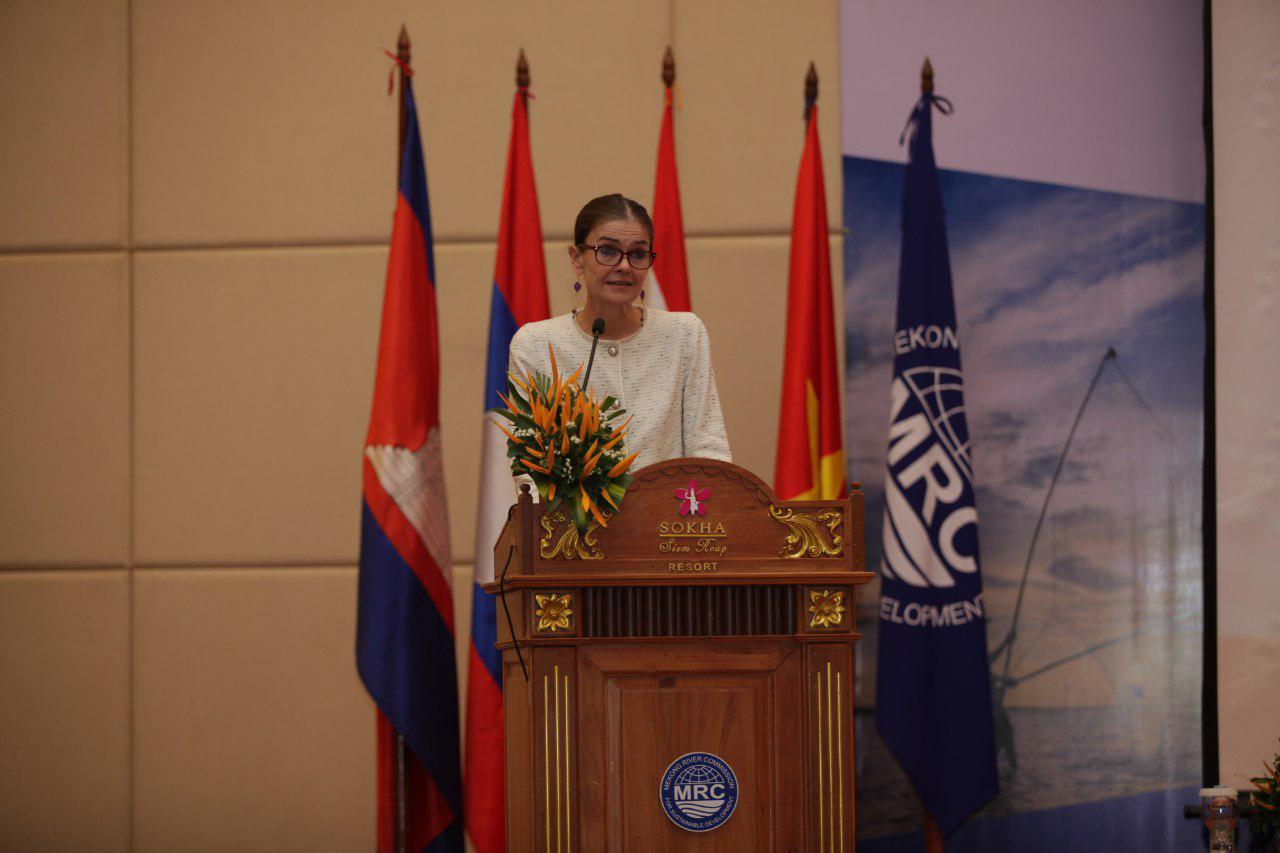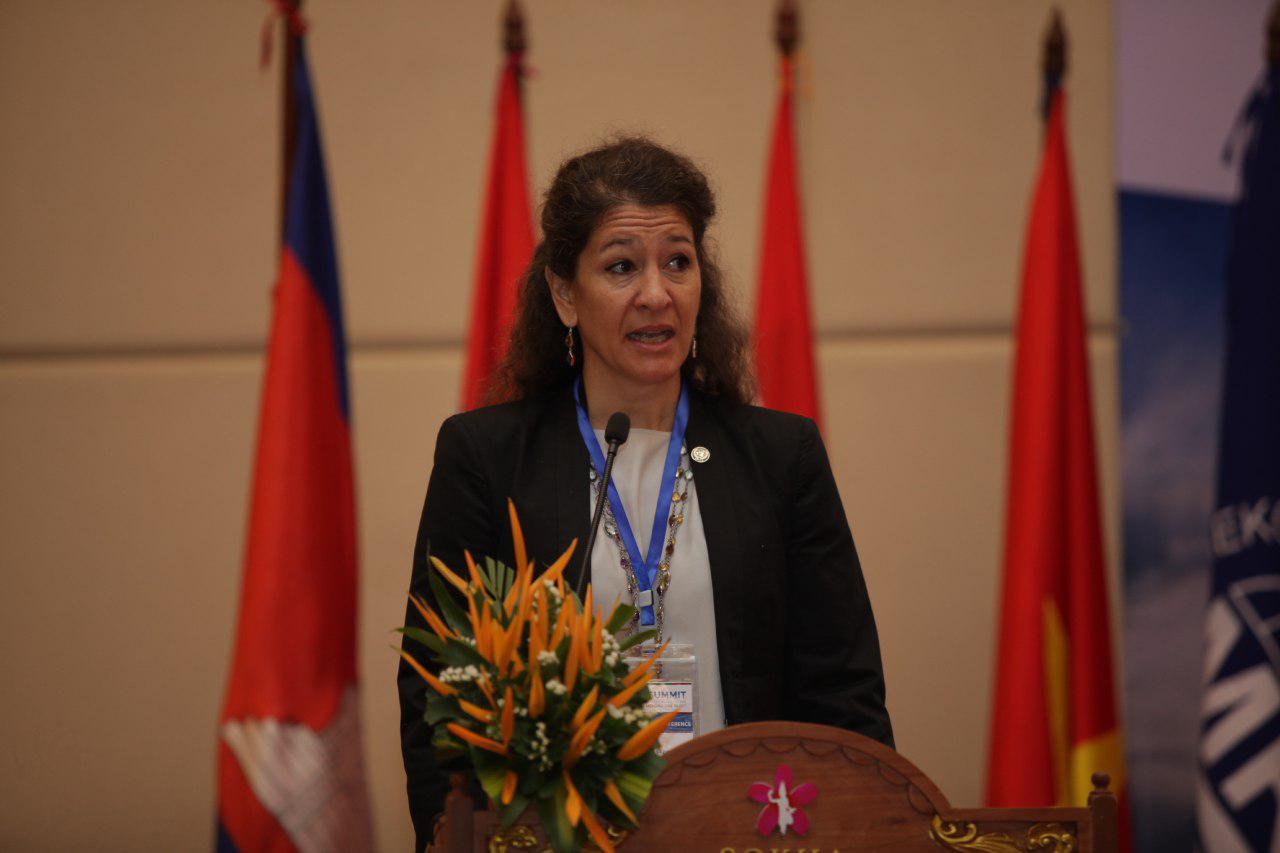Siem Reap (FN), April 4 — The two-day international conference convened by the Mekong River Commission (MRC), one of the MRC's largest gatherings ever, welcomed about 400 stakeholders from Mekong country governments, non-governmental organisations, academia, the private sector, and other river basin organizations, according to MRC's press release on Tuesday.
They collectively made many recommendations for enhancing joint efforts and partnerships to achieve the Sustainable Development Goals (SDGs) in the region.
“It takes joint efforts and synergy from different actors, capacities, and perspectives, aligning our contributions and engaging in meaningful partnerships to enhance the opportunities and tackle challenges in our Mekong basin as we make our journey down the road,” said Cambodian Minister of Water Resources and Meteorology and Member of the MRC Council for Cambodia, Lim Kean Hor, as he opened the conference on Monday.
Read additional content of the MRC's press release below:
The Conference appreciated that joint efforts and partnerships underpin all of the MRC’s work—from developing and implementing guidelines, strategies, and procedures to joint monitoring, assessments, and state-of-basin reporting, as well as working with partners and stakeholders.
These joint efforts support the member countries in not only meeting their national commitments to SDG 6 on water, but also to those on poverty, hunger, gender, energy, infrastructure, climate change, environment, peace and institutions, and partnerships, concluded conference participants. The MRC recognises the important role that development and management of water and related resources play for the achievement of sustainable development, and the Commission intends to provide evidence for informed decision-making and cooperation to support the Mekong countries as they navigate trade-offs and synergies.
For example, the conference participants found that the MRC’s recently completed six-year study on the sustainable development and management of the Mekong River, known as the Council Study, provides, despite gaps, a sound scientific reference to guide policy-making.
The Study’s results reveal both the positive benefits and negative impacts of developments. Addressing the adverse transboundary impacts will require enhanced collaborative and joint efforts, such as optimising plans and projects to achieve the greatest benefits and smallest costs, putting in place mitigation measures, and assessing alternative siting and designs for infrastructure projects that address water-food-energy security and that could be co-financed and co-owned by the Mekong-Lancang countries.
Finally, in line with the focus on strengthened partnerships, the international conference also saw the signing of two memorandums of agreement between the MRC and two United Nations organizations – the United Nations Economic and Social Commission for Asia and the Pacific (ESCAP) and the United Nations Office for Project Services (UNOPS). The MRC will collaborate with ESCAP to identify and assess disaster risks, mitigate such risks, and prepare to effectively respond to any disaster emergencies, such as floods and droughts. With UNOPS, the MRC will benefit from services in procurement and fund raising for the MRC’s basin-wide projects, among other things.
Messages and recommendations from the international conference will feed into the MRC Ministerial Meeting, which takes place tomorrow, 4 April 2018, and the 3rd MRC Summit, which brings together the heads of government from the MRC member countries and dialogue partners, on Thursday, 5 April 2018, both in Siem Reap, Cambodia.
=FRESH NEWS









